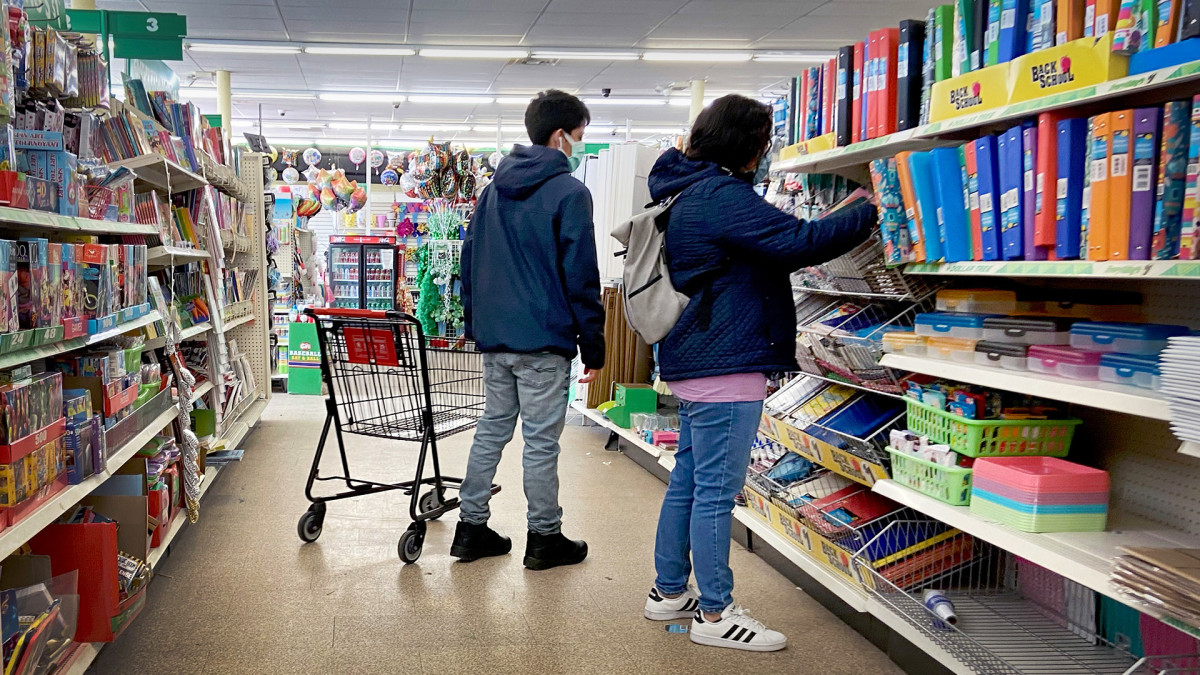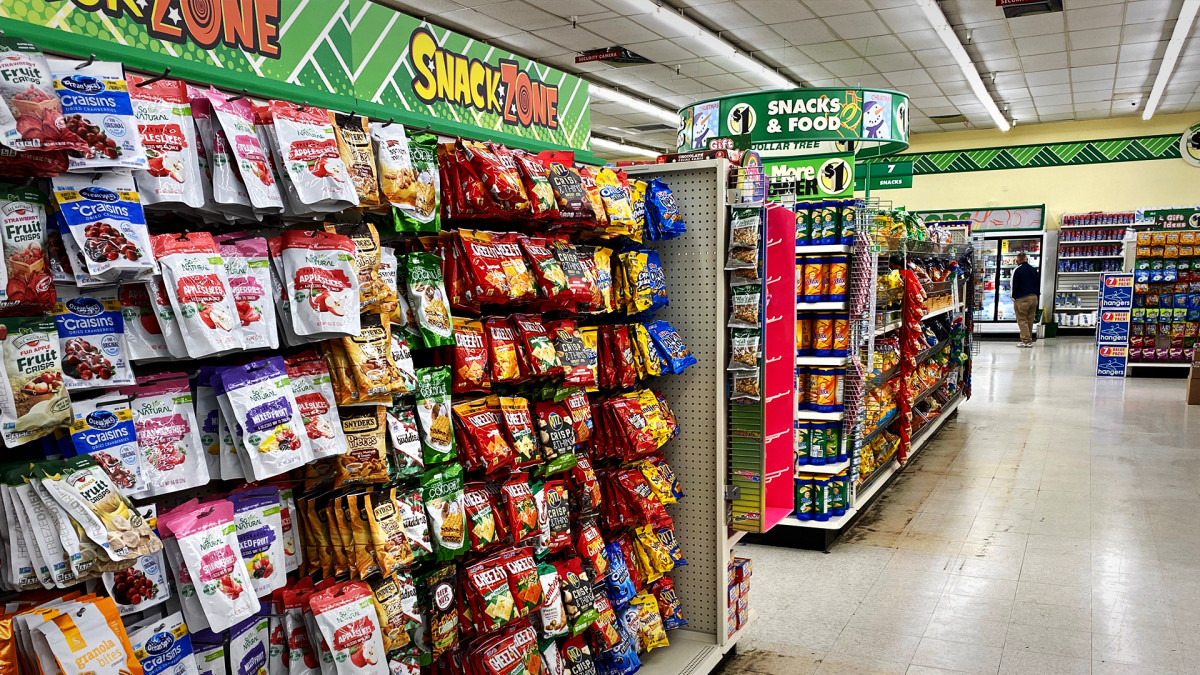
If you're a retailer in 2024, chances are you're either doing pretty well or pretty poorly.
And there's really no in between.
Related: Key Coca-Cola and Pepsi rival in trouble for misleading claims
If you're in the business of brand-name labels at discount prices and operate outside malls, for example, the chances of your survival are higher right now.
Brands like TJX Cos. (TJX) , which operates TJ Maxx, Marshall's, HomeGoods and Sierra, among others, are currently flying high, benefiting from consumers' zeal for deals.
Others, however, are not doing so well. Since many goods and services cost more than they did just a year ago (and in some cases a month ago), many shoppers are increasingly choosy with their purchases. This means opting for a big-box store that offers cheap bulk supplies, like Costco (COST) or Walmart (WMT) , or curbing purchases altogether. In some cases, these actions go hand in hand.
More budget-conscious customers mean there's less profit for the taking as a whole — which in turn means the retail categories will see some losers, those that feel the pinch more than they might in less trying economic times.
This group includes some more specialty retailers, like Joann Fabric, Party City and Rue 21.

Image source: Shutterstock
Popular retailer struggles with new market
It may not be surprising to learn that a specialty crafts and fabric store is struggling right now.
It's more surprising to hear about the recent struggles of Dollar Tree (DLTR) , which has seen something of a downfall in 2024.
The discount dollar store said in March that it would close nearly 1,000 stores across the U.S. in an effort to stanch losses at underperforming outlets.
Related: Beloved budget retailer suddenly closing hundreds of stores
“Persistent inflation and reduced government benefits continue to pressure the lower-income consumers that comprise a sizable portion of Family Dollar’s” customer base, Dollar Tree Chief Executive Rick Dreiling explained in March during a call with analysts.
Management unveiled plans to close some 600 stores in the first half. Beyond that, an additional 370 Family Dollar and 30 Dollar Tree locations will close as their leases expire over the next several years.
More Retail:
- Ulta CEO sounds the alarm on a growing problem
- Lululemon releases a first-of-its-kind product
- Target store introduces a new 'over 18' policy
- Amazon launches genius new subscription product
In Q1, which was reported June 5, Dollar Tree reported $7.63 billion in revenue, short of Wall Street's expected $7.67 billion. Average ticket prices were down by 1.1% as consumers looked to curb spending.
Dollar Tree looks to spin off brand
Dollar Tree operates two key brands: Dollar Tree, its flagship operation, and Family Dollar.
And while both brands have been struggling in recent months, Family Dollar seems to be the weaker of the two.
In Q1 Family Dollar's comparable-store sales were little changed while Dollar Tree's were up 1.7%.
On Wednesday, June 5, Dreiling said the company was exploring a spinoff of its underperforming brand.
“The unique needs of each banner at this time – transformation at Family Dollar and growth acceleration at Dollar Tree – lead us to the decision to conduct a thorough review of strategic alternatives for the Family Dollar business,” he said.
"Our goal is to position both the Dollar Tree and Family Dollar banners to progress further and faster, and to determine whether the exclusive attention of a dedicated team will benefit both, while creating value for Dollar Tree shareholders and other stakeholders."
The company added it was considering multiple options for Family Dollar, including "a potential sale, spinoff or other disposition of the business."
Dollar Tree currently operates about 16,400 stores across the U.S. Almost half (8,000) of them are Family Dollar stores.
It has not set an official deadline or timeline for when a decision may be reached. It's not clear whether there's even an interested buyer for Family Dollar right now.
Related: Veteran fund manager picks favorite stocks for 2024







